Helping those with disabilities around the globe
- Published
Many people with disabilities in the world's poorest countries are unable to attend school or find work. Barriers such as stigma or a lack of support prevent them from realising their full potential.
Community projects, supported by UK aid, attempt to tackle these barriers by investing in, and improving, the lives of those living with disabilities.
Meet the people whose lives have changed through these programmes.
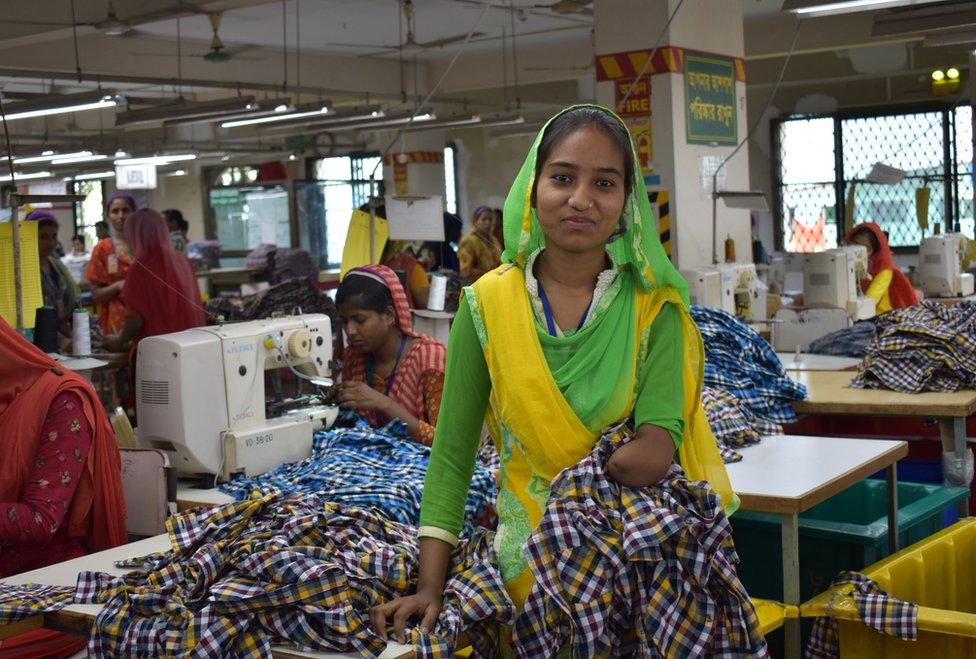
In Bangladesh, 25-year-old Halima was born without a left hand. Her parents could not afford to send her to school.
Thanks to a charity called UCEP Bangladesh, Halima has learned technical skills in garment finishing and quality control. She now has a job earning £76 ($100) per month.
She says, "I am happy, I am not a burden to anyone any more. I can even help my parents."
Ramesh, 18, lost his legs during the Nepal earthquake. He was supported by the Humanity & Inclusion charity with physiotherapy and prosthetic limbs. He is now training to be a Paralympic swimmer.
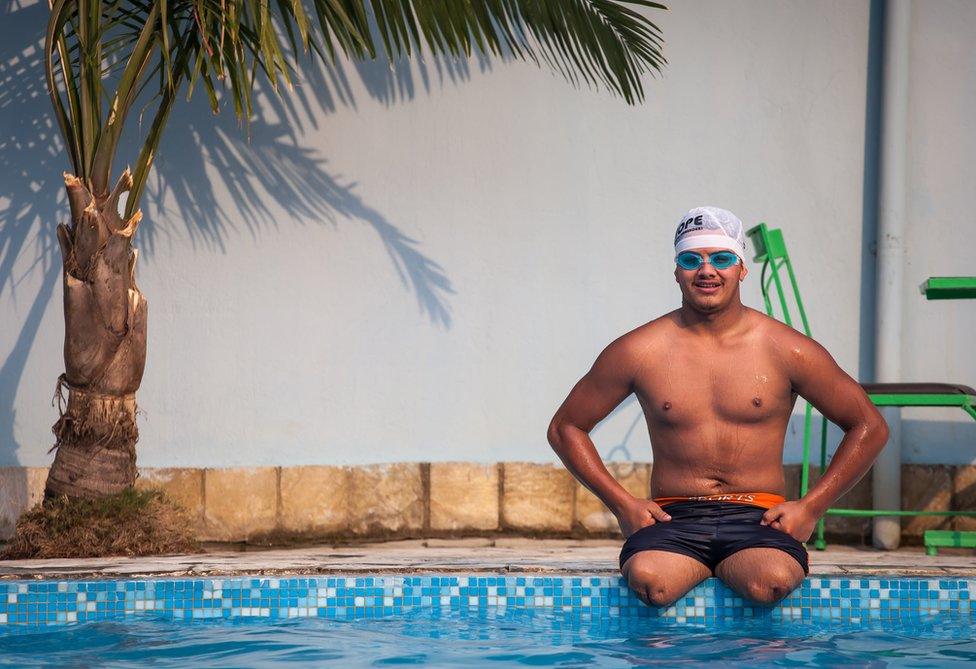
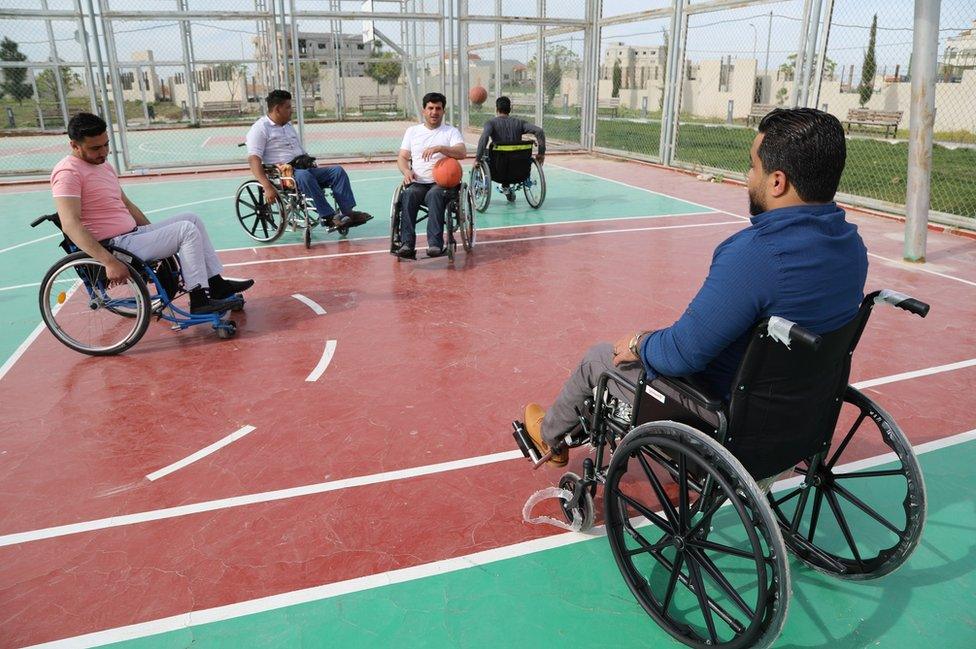
Shaher was buried alive after being shot at the start of the Syrian conflict. He was presumed dead.
But when his cousin came to identify his body, he saw that he was breathing. He pulled him out and took him to hospital.
Shaher has since undergone rehabilitation and has started a wheelchair basketball team with other Syrians injured in the war.
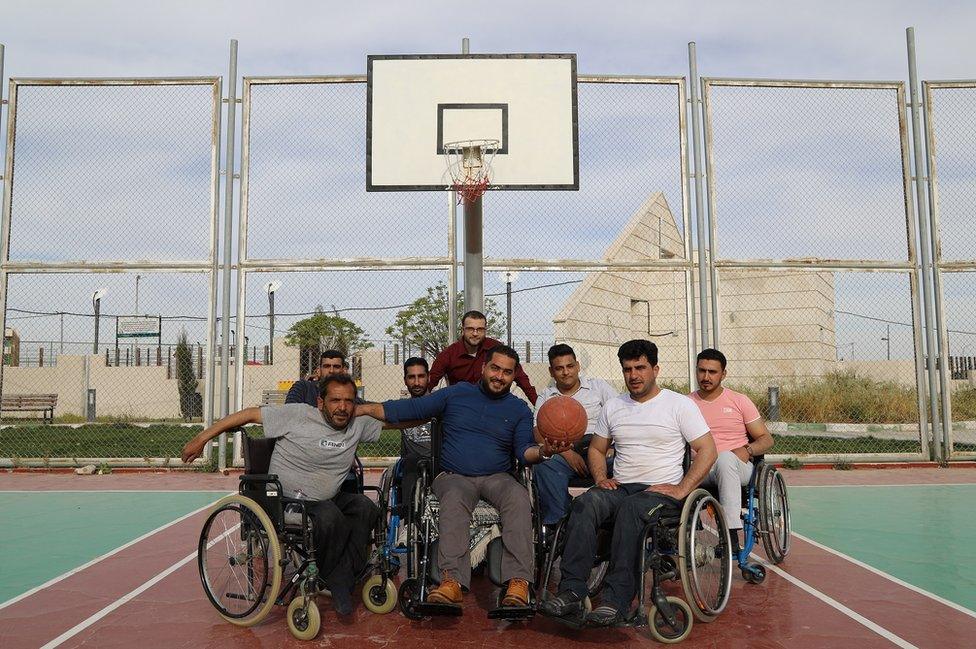
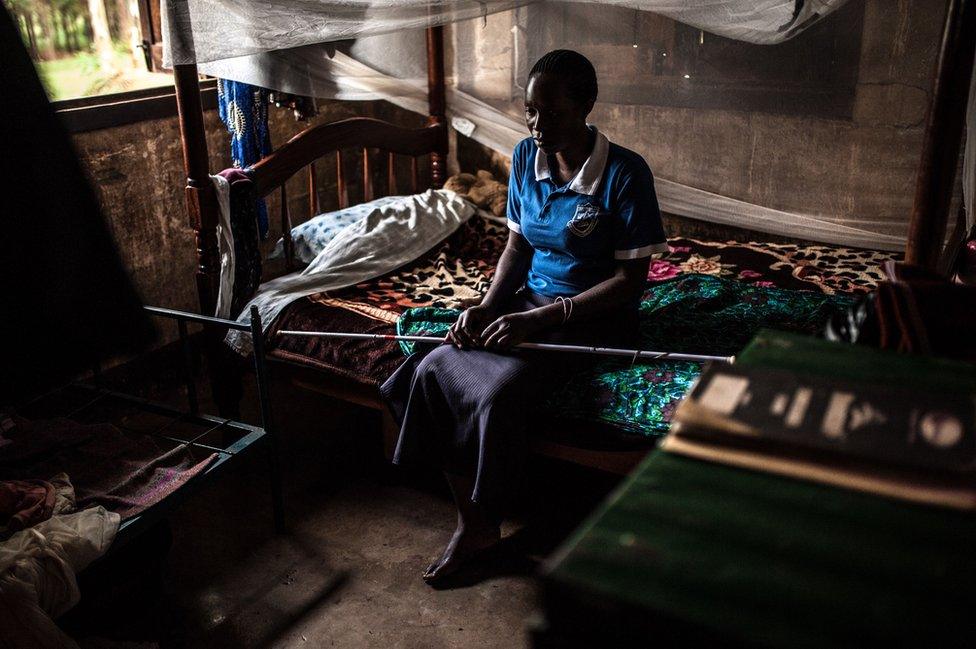
Sylvia has experienced first-hand how tough life can be when you have a disability. When she became blind, her husband started to see her as an unwanted burden. After years of domestic abuse she was forced to leave home.
Today, Sylvia has a new home in the provincial town of Masindi, Uganda, along with a regular job. She teaches her disabled students how to use a knitting machine, sharing her skills with others. This gives her students the opportunity to support themselves.
By doing this she helps others to avoid the misery she endured for so many years.
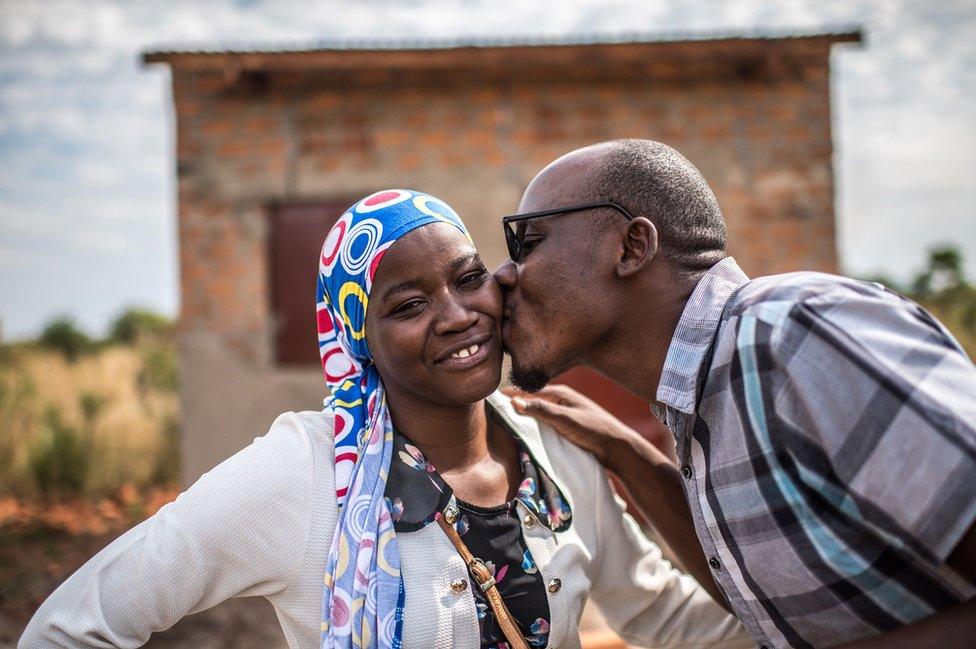
Julius lost his sight after an operation went wrong and left him blind. He thought he would never find love until he met his wife Najiba while on a programme run by the SightSavers charity.
They now own several businesses in Kampala, Uganda, and have three children together.
Alongside a DVD shop and a tailoring business, they run a farm and can be seen working on it below. They are currently planning to set up a skills training centre for other people with disabilities in Kampala.
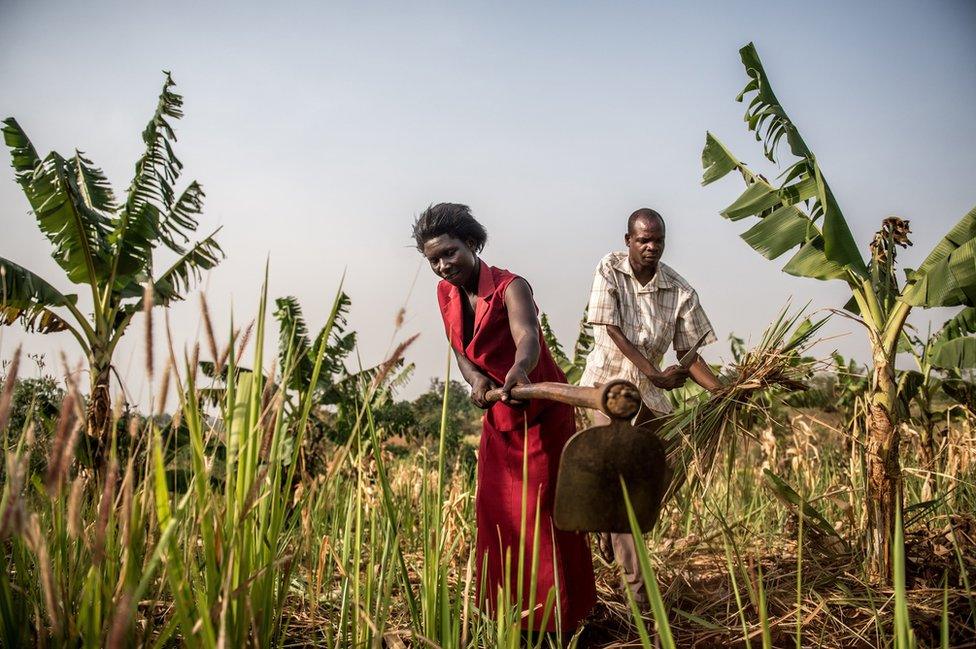
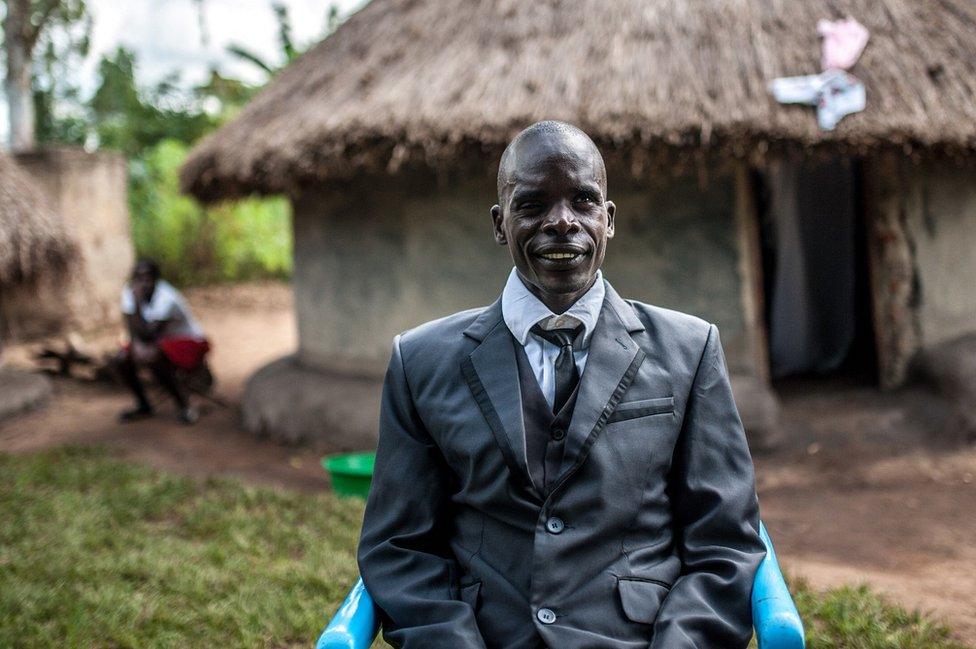
Simon Peter Otoyo had just got back from school when the rebels of Joseph Kony's Lord's Resistance Army (LRA) arrived in his village in northern Uganda.
They tied his hands behind his back and marched him, along with three of his brothers, to a rebel camp deep in the bush. As a child soldier for the LRA, 11-year-old Simon Peter was given a gun and sent out to fight the government army.
During a fierce battle in 1996, a bullet pierced his temple, shattering his skull and lodging behind his left eye, leaving him permanently blind. A decade later, he has turned his life around, and is now fighting to overturn attitudes towards the blind in Uganda.
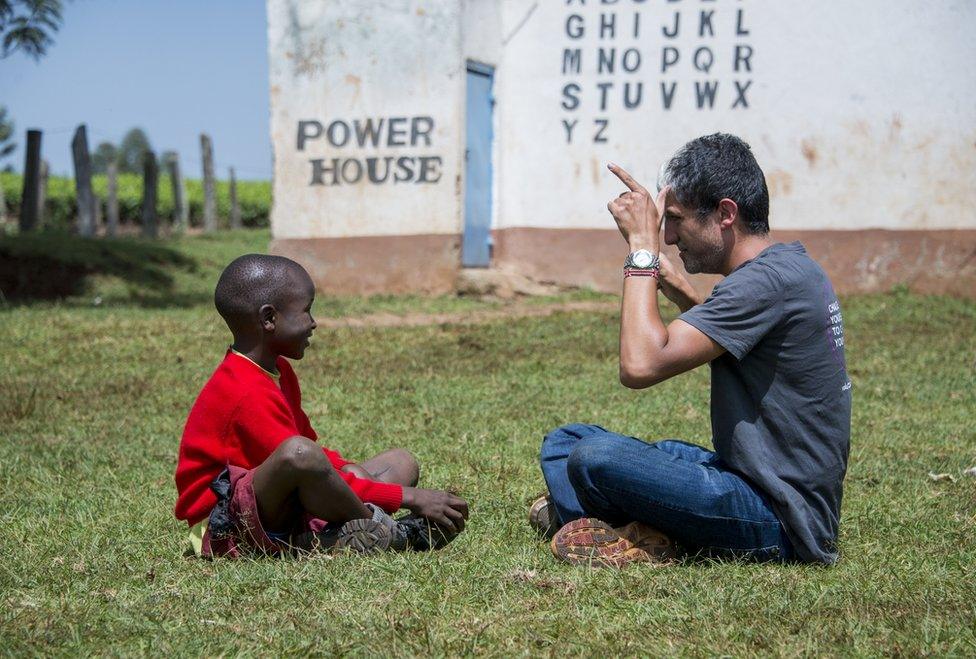
A team of British International Citizen Service (ICS) volunteers spent three months working with the deaf community in Nandi County, Kenya, to raise awareness of deaf rights and increase integration of the deaf and hearing communities.
Poverty, prejudice and limited resources mean deaf people in Nandi are often marginalised and miss out on the support they need.
The volunteers worked with a number of different community organisations to teach Kenyan Sign Language and increase deaf awareness, and to challenge the stigmatisation of deaf people.
They also organised a deaf awareness march in Kapsabet. A mix of deaf people and hearing supporters, including pupils from the Kapsabet School for the Deaf, called for more support, rights and resources for deaf people, including better education and employment opportunities.
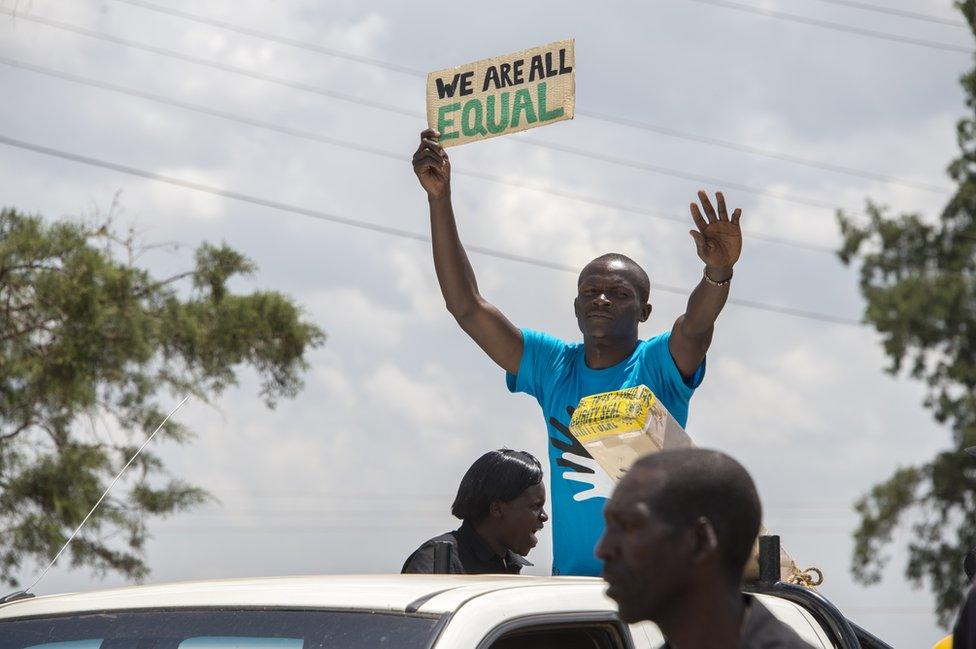
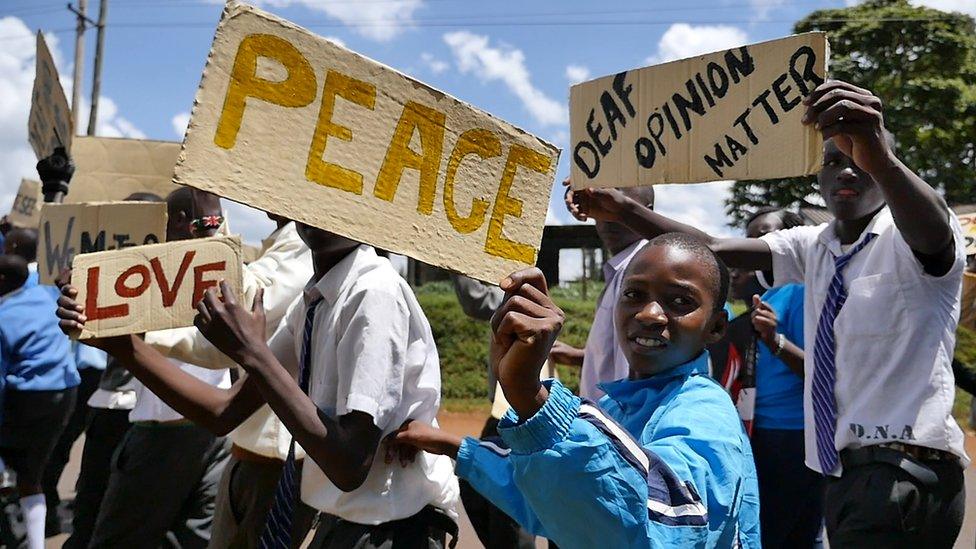
The UK government's first Global Disability Summit, external is on 24 July.